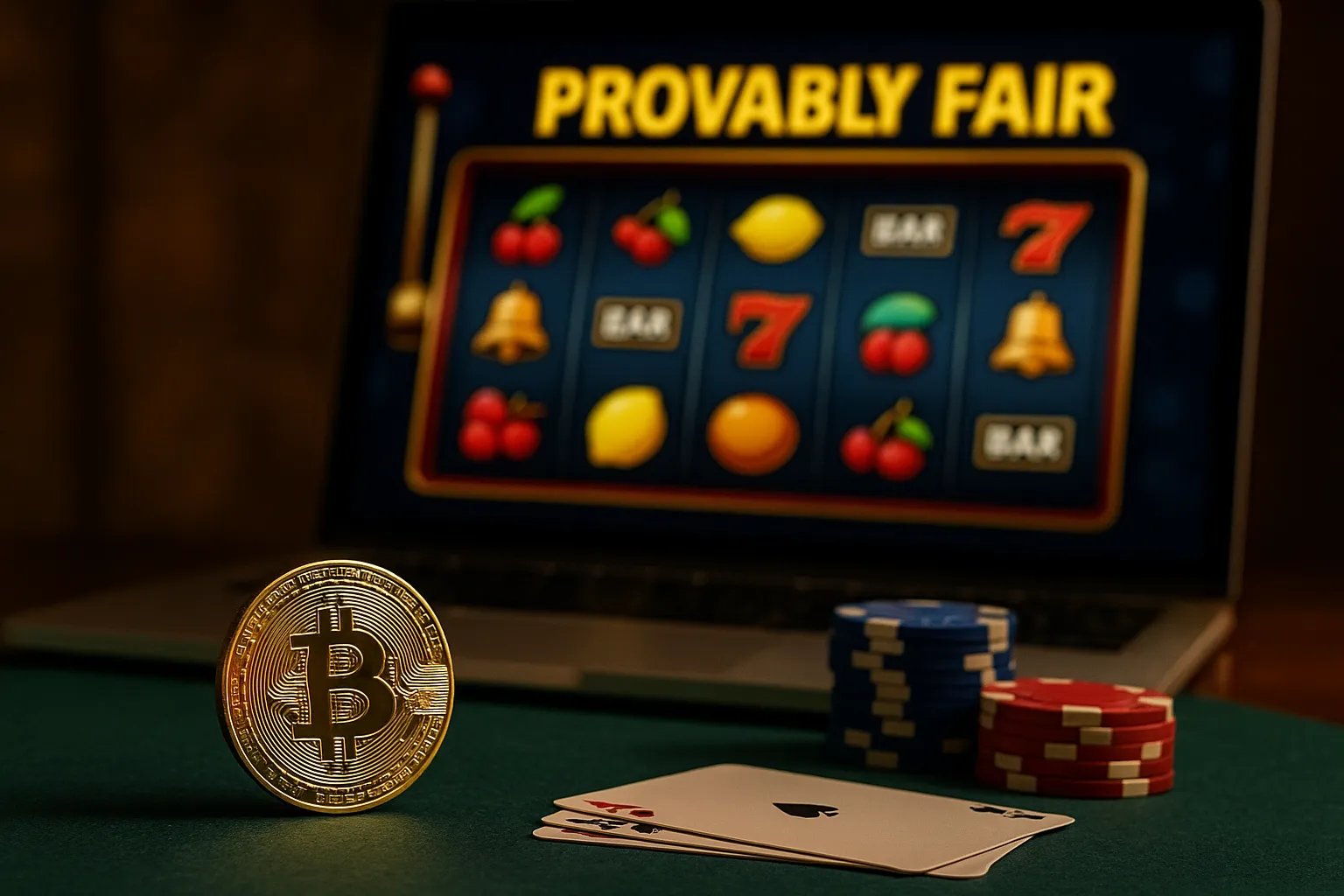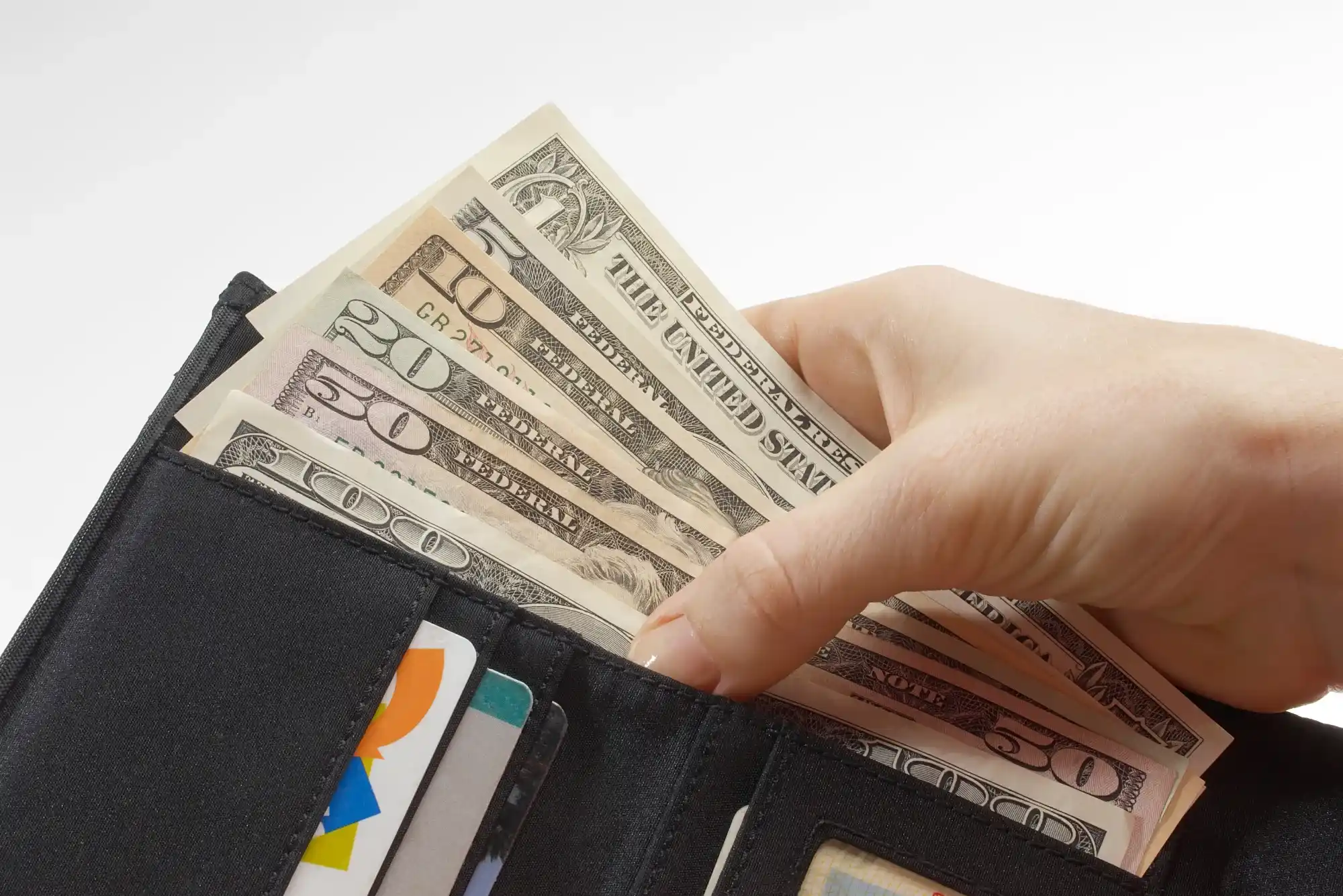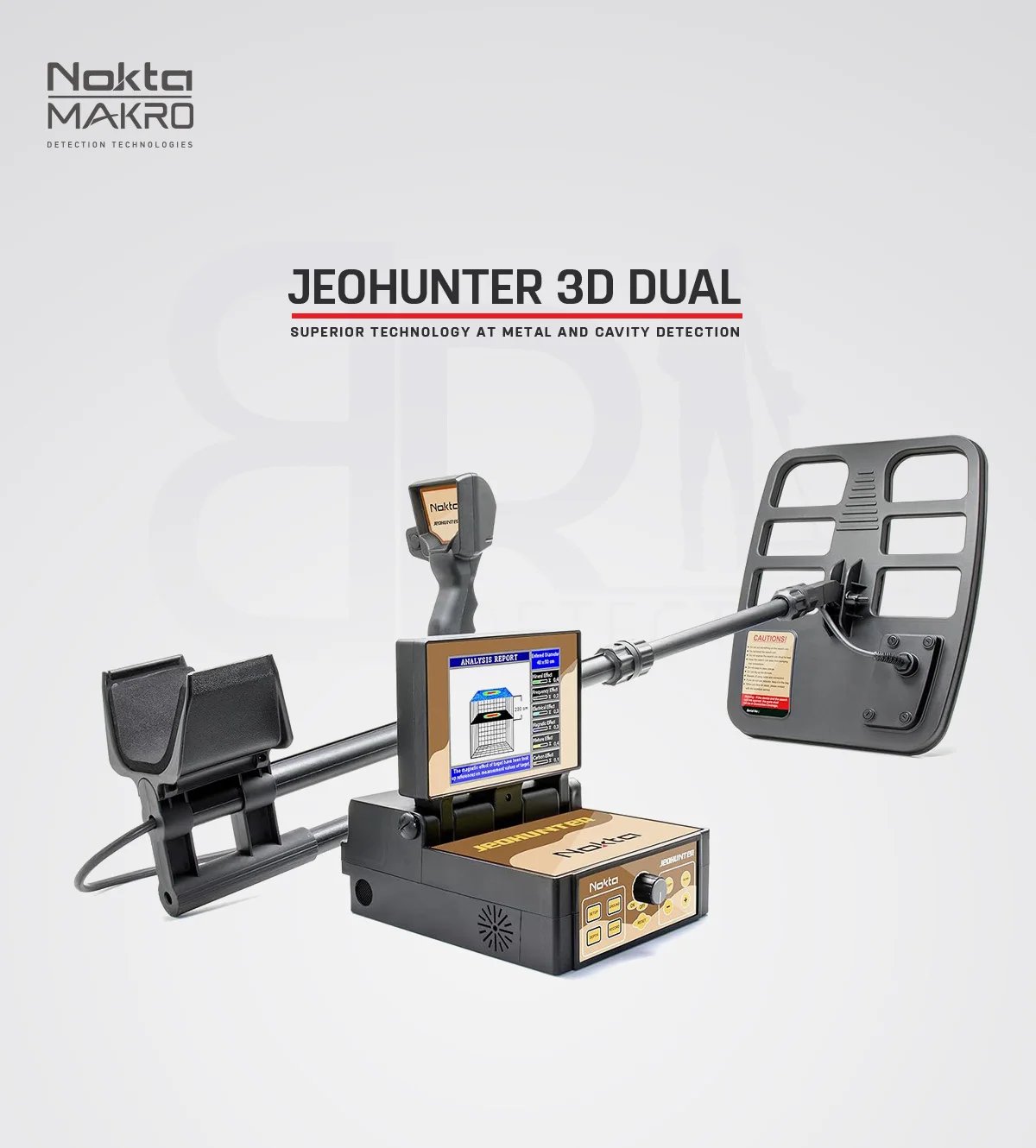Crypto casinos love the phrase “provably fair.” It sounds bulletproof—mathematically verifiable, tamper-proof, beyond the reach of shady RNG tricks. I’ve spun thousands of crypto slot reels, inspected source seeds, and even pasted hashes into third-party verifiers at 2 a.m. The result? Provably fair can be genuinely empowering… or just a reassuring buzzword, depending on how the site implements it and how willing you are to verify results yourself.
What “Provably Fair” Actually Means
At its core, provably fair gaming lets you check that your result wasn’t altered after you clicked spin. The casino gives you a “server seed” (their secret number), you supply or can view a “client seed” (yours), and a nonce (a counter that increments each bet). Together, those values feed a cryptographic function—often SHA-256 or similar—to generate the outcome. When the server seed is later revealed (usually after you can’t use it anymore), you can hash everything and confirm your spins weren’t changed to stiff you.
The catch is that many players never do the checking. They trust the label but skip the math. And some sites lean on that complacency—implementing half-baked systems where only parts are transparent, or where the “reveal” happens so awkwardly that few will bother. The technology is sound; the execution often isn’t.
Trust vs. Tech: Where the Real Friction Lives
The tech can prove fairness of individual spins, but it can’t prove the casino will pay you fast, honor bonuses, or keep limits reasonable. That’s why I still compare crypto platforms against traditional benchmarks like uk betting sites fast withdrawal—speedy payouts and predictable compliance still matter. A perfect hash doesn’t help if your six-figure win is throttled by a £1,000/day withdrawal cap or stuck behind endless KYC loops. In other words, “provably fair” covers the spin, not the service.
When I evaluate a crypto slot site, I ask:
Is the provably fair system optional or automatic?
Do they explain verification in plain language?
Can I export seeds and hashes easily?
Do independent tools confirm their math?
And crucially—does the cashier move as fast as the marketing copy claims? If not, I treat the fairness label as lipstick on a pig.
How Seeds, Hashes, and Nonces Work in Real Play
Here’s the flow you rarely see explained clearly:
Before your session, the casino commits to a hidden server seed, showing you only its hash. That prevents them from changing it later without you noticing (because any change would alter the hash).
Your browser or account sets a client seed—some sites let you input your own, others auto-generate it.
Every bet you place increments the nonce. The trio (server seed + client seed + nonce) feeds a cryptographic algorithm that spits out a pseudo-random number, mapped to slot symbols.
After a cycle (or when you hit “reveal seed”), the casino shows the original server seed. You hash it yourself and confirm it matches the pre-game hash. Then you plug all values into a verifier to re-run your results. If they match, the site didn’t meddle post-spin.
In practice, fewer than 5% of players I’ve talked to ever verify more than once. Most treat provably fair like a seatbelt they never test. That’s fine if you’re comfortable with the brand, but if you’re betting serious crypto, make verification a habit—especially after unusually big losses or wins.
Common Weak Spots in “Provably Fair” Implementations
Some sites only cover table games or crash games with provably fair, leaving slots opaque. Others reveal seeds on demand but reset them too often, making long-term audits annoying. I’ve also seen casinos bury the verifier behind logins or proprietary tools so you can’t cross-check with third parties. The worst offenders use buzzwords without giving you client-seed control or a proper server-seed reveal—basically “trust us, bro” dressed in code.
Good implementations:
Publish documentation with worked examples.
Let you input your own client seed or at least regenerate it easily.
Provide a one-click export of seeds/nonces for batch verification.
Link to independent verifier scripts (GitHub repos, community tools).
Rotate server seeds on a transparent schedule.
Why Crypto Slots Still Need Traditional Oversight Principles
Decentralization doesn’t eliminate human shadiness—it just changes its form. Without regulators like the UKGC or MGA looking over shoulders, disputes can become exhausting. Forums and Twitter can pressure bad actors, but do you want your withdrawal resolved by a public drama thread? That’s why I still treat licensing, audits, and payment speed as first-class signals, even in crypto. Provably fair is a bonus layer, not a replacement for fundamental accountability.
My Verification Routine (It’s Easier Than It Sounds)
When I’m testing a new site, I set a custom client seed before I bet. I play 30–50 spins, export the seed/nonce set, and verify a handful using an independent tool. If everything checks, I relax and roll with the default setup. Whenever I hit an unusually big win or experience a weird losing streak, I verify again. The whole process takes 3–5 minutes if the site is well-designed. If it takes longer, that’s a red flag about either UX priorities or intentional friction.
Provably Fair ≠ High RTP
Don’t conflate fairness with generosity. A provably fair slot can still have a mediocre RTP and brutal volatility. The math isn’t rigged, but the design can still be punishing—long droughts, rare bonuses, steep max-win cliffs. I’ve seen crypto slots proudly wave the fairness flag while hiding a 92% RTP in the FAQs. Always check RTP (if published) and paytable logic. Fair randomness doesn’t mean friendly returns.
Hybrid Casinos: Bridging the Gap Between Fiat and Crypto
Some hybrid brands accept both crypto and fiat, using provably fair for certain titles while leaving traditional RNG titles untouched. These can be the best of both worlds if they pair fast fiat withdrawals, clear bonus terms, and provably fair crypto games. Watch for consistency: if a casino treats crypto users like second-class citizens when it comes to limits or KYC, I walk.
Community Audits and Open-Source Tools
One underrated resource: the player community. Reddit threads, crypto-gambling Telegrams, and GitHub repos host open-source verifiers and scripts. If a casino’s system is transparent, the community will usually build tools around it. Conversely, if you find nothing but a glossy FAQ page, be skeptical. The more eyes on a system, the harder it is to slip something past players.
What About Smart Contracts and On-Chain RNG?
A few cutting-edge projects push results directly on-chain, using oracles and verifiable randomness functions (VRFs). These can remove the need for seed reveals altogether—everything is permanent and auditable. The trade-off is speed, cost, and complexity. Most mainstream crypto slot sites still find off-chain provably fair cheaper and faster. But if you’re a transparency purist, seek out on-chain RNG titles and compare experiences.
Emotional Bankroll Still Rules
Even if you can verify every spin, your emotions can still nuke your bankroll. Crypto balances feel unreal until they don’t. One late-night tilt can blow through a week’s wages. Provably fair tools won’t save you from your own impulses. Set session budgets, pre-commit to cashing out chunks after big wins, and remember that volatility is volatility—hash-verified or not.
Red Flags That Make Me Bounce Immediately
No control over client seed and no clear seed reveal schedule.
Verification tools locked behind accounts or proprietary black boxes.
Silence about RTP or misleading “average return” statements.
Glacial or capped withdrawals that overshadow any “fairness” claim.
Support that dodges technical questions or feeds you marketing fluff.
My Bottom Line on Trust
I trust provably fair systems when I can test them. I trust casinos when they pair those systems with fast, transparent banking, sensible limits, and a responsive support team. If a site nails both, I’ll play there and recommend it. If it nails only one, I tread carefully. If it nails neither, I’m out—there are too many good options to waste time on smoke and mirrors.










